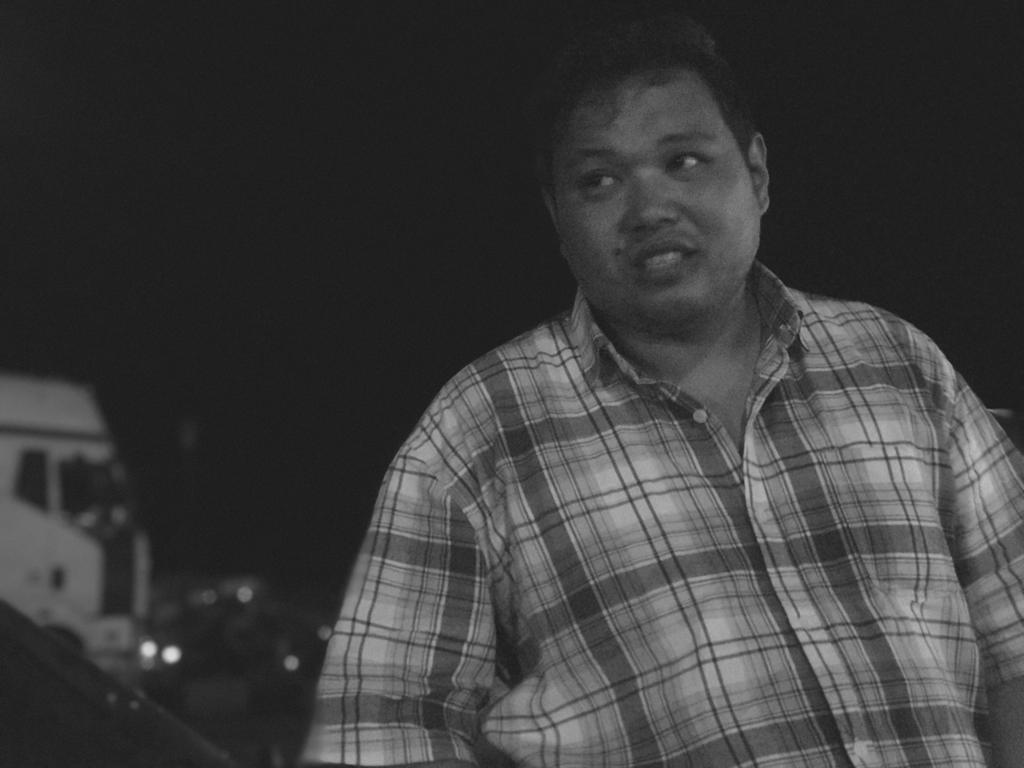 Note:The documentary “The Etilaat Roz” won the first best feature film award at the Amsterdam International Documentary Film Festival “IDFA” in Europe. This documentary films has been directed by Abbas Rezaie and has portrayed the tragic fall of Kabul from the office of Etilaat Roz. The following interview was conducted before the documentary was awarded by IDFA.
Note:The documentary “The Etilaat Roz” won the first best feature film award at the Amsterdam International Documentary Film Festival “IDFA” in Europe. This documentary films has been directed by Abbas Rezaie and has portrayed the tragic fall of Kabul from the office of Etilaat Roz. The following interview was conducted before the documentary was awarded by IDFA.
The documentary film “The Etilaat Roz” will be screened as a candidate for the best first film at the “IDFA” film festival. This film was directed by Abbas Rezaei and produced by Zaki Daryabi and Abbas Rezaei. The documentary narrates the fall of Kabul and the Taliban takeover from inside the office of Etilaatroz newspaper. The film also has the story of the torture of two journalists of the Etilaatroz newspaper by the Taliban since their takeover in August 2021. As the film is going to be screened at a European festival, Amsterdam Documentary Film Festival, known as IDFA, I interviewed the director of this film.
Hussain Bayouk/ Reporter
Translated by kazim Ehsan
I have consistently recognized Abbas Rezaei mainly through his poems; how can one realize him in his films?
We must first answer why it is essential to know an artist. An artist is a reflection of the mentalities of the realities in society. What facts does the society face, and how does the life of this society crystallize in art and artists? Like when a person is facing severe grief, what helps other people understand his situation is the scale on which each of us shares our pain. The artist’s knowledge of himself and society’s knowledge of the artist is the way to these scales. But regarding your question, my life has not changed. My interaction with my surroundings has always been sensitive and poetic. Sometimes this sensitivity goes toward my social life and sometimes towards my situation in the world. But the struggle to see things differently and more profoundly has always been with me. What has changed is the result of these perceptions, which have moved from words to images and visual narrations. Therefore, the selection of phenomena and structural codes are the same as they were. The arrangement and narration are the same as before. What is different is the format, which of course, has produced impressive results. More than ever, today’s world obtains and uses visuals with the help of tools and knowledge. Poetry is more limited, and cinema is wider. I have tried to adhere to conventional artistic principles in all my works in the image area, including producing results with innovation, order, and spirit.
How good! What made you think of making the film?
Making films is part of the path I have followed in art. For me, art has nothing to do with repetition. The experiences that are added to the artist from living in the area of art are a part of his existence. Poetry was more of an internal struggle. Deep and systematic knowledge has been inherited from our ancestors in literature and poetry. The Persian language is known for its poetry in the world of cultures. We have countless incomparable masters and profound pioneers in Persian poetry, each of whom is enough for a nation and culture. But knowing the time and moving forward is the duty of every artist. This was the idea that motivated me to move toward the cinema. The life of someone in Afghanistan is more dependent on the events around him. Seeing the living situation in Afghanistan, understanding history through my duty as an artist, and trying to have a personal narration of the time, has become my main reasons for making this film and other films I have made. This film was important to me because I could have my part in telling my country’s history. Indeed, as a history enthusiast, I had objections to the type of stories, and by this means, I could evaluate my limits and abilities in this area.
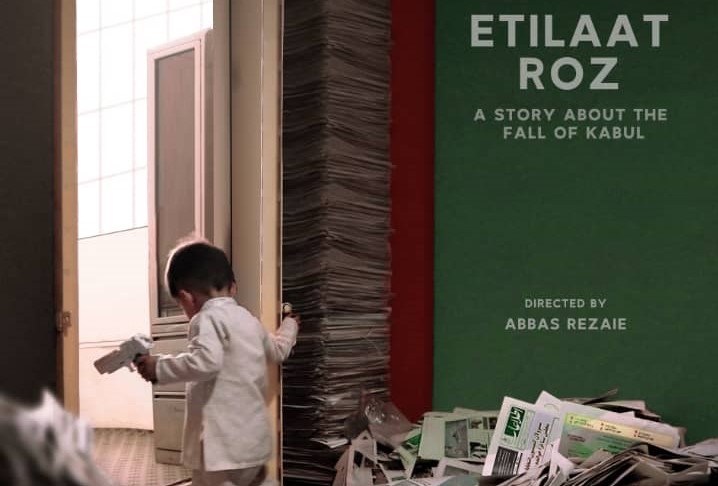 There are many narratives about the fall of Afghanistan on August 15, 2021; What makes your documentary different from the other documentaries?
There are many narratives about the fall of Afghanistan on August 15, 2021; What makes your documentary different from the other documentaries?
For the last 20 years, we all knew something was wrong. We all knew that this unstable bridge would not take us anywhere. But we had blinded our logic and views to the level that immature children cannot do so. Art also suffered from the same vulgarity and acting in the 20 years of the so-called republic era. In the last 20 years, we brought trees from other places and planted them without roots in the soil of our country. It is indeed futile to expect good fruit from rootless trees. Despite all efforts, Afghan cinema did not have a chance and could not play a prominent role in the public narratives of Afghanistan. Mediatization, projectization, and the absence of genuine artistic motivations made cinema, like literature and other sectors, remain an imitation of others.
In addition to having a local narrative of the crash, I wanted a local idea and artistic structure of what was happening. Imagine how a foreign filmmaker or another Afghan filmmaker would narrate this story. Narrating is a significant word in art; conveying means making choices to produce a work. These choices range from formic generalities to decorative details of a job. Unfortunately, in Afghanistan, we are far from these topics. Our artist needs to understand their stance correctly. This lack of understanding affects the originality of the work. I tried to present a local narrative from local people about a historical event.
What possibilities and limitations did you face while making this documentary?
The most significant limitation was the threat of the Taliban’s presence in Kabul. You know, and it can also be seen in the film, how dangerous and unbearable it is to work as a filmmaker, reporter, or local artist. This can lead to the loss of a person’s life. The Taliban know very well that their logic contradicts the logic of the modern world and the journalist, especially if these artists and journalists are from a group of nations that are supposed to be eliminated or be forced to obey completely. When I was at my workplace, Etilaatroz newspaper office, every time the gate bell rang, I would feel frightened and afraid that a group of irresponsible militias would come inside the building and shoot at all of us. This threat was quite severe, and we could expect that.
If we accept that the history of Afghanistan is full of dark spots, which part of Afghanistan’s history will be illuminated more by the “The Etilaat Roz” documentary?
The human being who had to move towards civilization throughout the history of Afghanistan has always been neglected in front of the human being who wanted to return to the past. We have the statistics of many brutal killings, from Abdul Rahman Khan to the Haqqani family. Khalqi’s and Parchamis (Two fractions of the former Communist Party) and Mujahideen also killed the people. But, we do not have a picture of why and the condition of those who were victims. I tried to patch a human image to the ruined history of Afghanistan. Let me show what people, values, and paths are destroyed in this medieval conflict.
At which film festival was the film’s world premiere, and how did it impact the audience?
The film in the Asian section premiered at the DMZ Documentary Film Festival, the largest documentary festival in Asia. The film received much appreciation due to the different images of Afghanistan’s fall. Still, due to the distance, it did not get a proper reflection in the Afghan media.
How did the film get to the film Festival in Amsterdam, Netherlands, and which other festivals and awards has the documentary participated in so far?
The Etilaat Roz documentary has been nominated as one of the top 11 films in the best first film nomination section of the IDFA Film Festival, which is the world’s largest documentary film event in Amsterdam, Netherlands.
In the Front light section, which is dedicated to films related to the socio-political situation of the countries of the world, the Etilaat Roz documentary will also be screened. Officials of the IDFA festival mentioned in the invitation for this film that this documentary has been able to present a non-western voice and narrative about the phenomena we are facing. As a representative of Afghanistan’s cinema, the film “The Etilaat Roz” has been included in the first selected list of the World Documentary Makers Association (IDA), and there are talks of screening it at the world’s largest independent film festivals.
As a cinema audience, what can the audience do for this documentary?
Despite the onslaught of social media, art in the contemporary world still has an extraordinary impact. In the course of civilization, people experience different levels of perception, and art is the highest perception a person can have towards the world. That is why, despite substantial video platforms, the importance of cinema and documentaries has remained the same. The pleasing thing in art is not based on the number of audiences but on the quality that the audience brings to see the artwork. Documentary cinema offers researchers and truth seekers a new type of anthropological and historiographical knowledge. Afghan people, especially those who live outside Afghanistan, need to feel a unique perspective and necessity in their lifestyle to understand their society better. Cinema is one of the essential requirements for understanding the human mind in the 21st century.
As the last word, if any question has not been asked.
Poetry is a unique art in its production stage, and cinema, as a whole, is the product of a team’s work in the production stage. But what gives both consistency and strength happens before the production stage. Without self-awareness, there is no way for us to navigate our outer world. Knowing yourself is enough to create the first question. Who am I? In Afghan society, this most obvious question has been trampled and lost in the interests and concerns surrounding it. Human life is meaningless without understanding one’s humanity, a struggle that is not supposed to lead to excellence. Without transcendence, we will remain lost forever, like those stranded at sea. In the end, I must sincerely thank those who helped me in any way in making this documentary. I am grateful to all those who supported me in producing this artistic work.
Thank you for your patience and time.

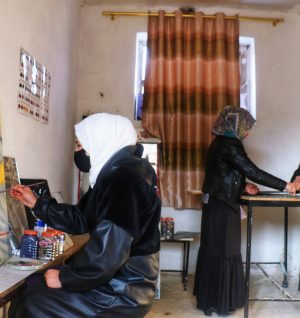
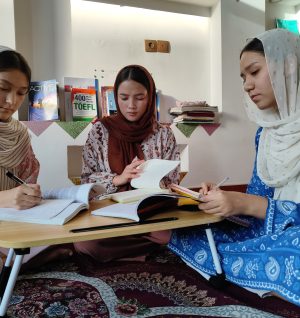
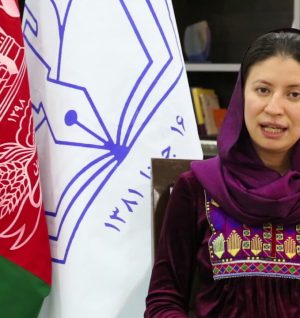
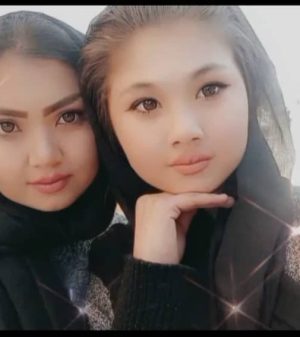
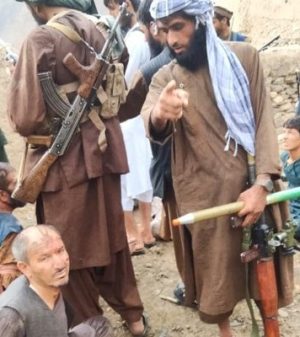
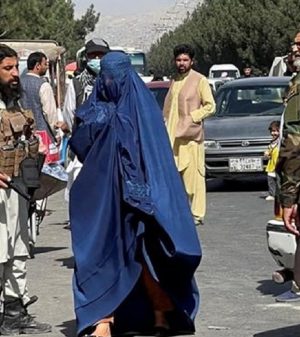
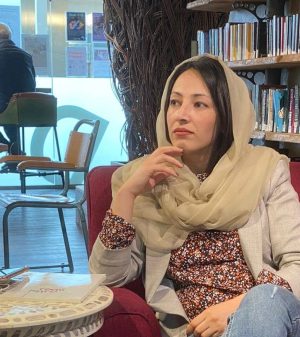
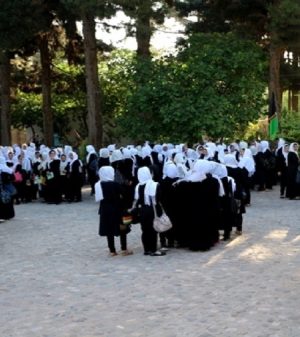
Add Comment